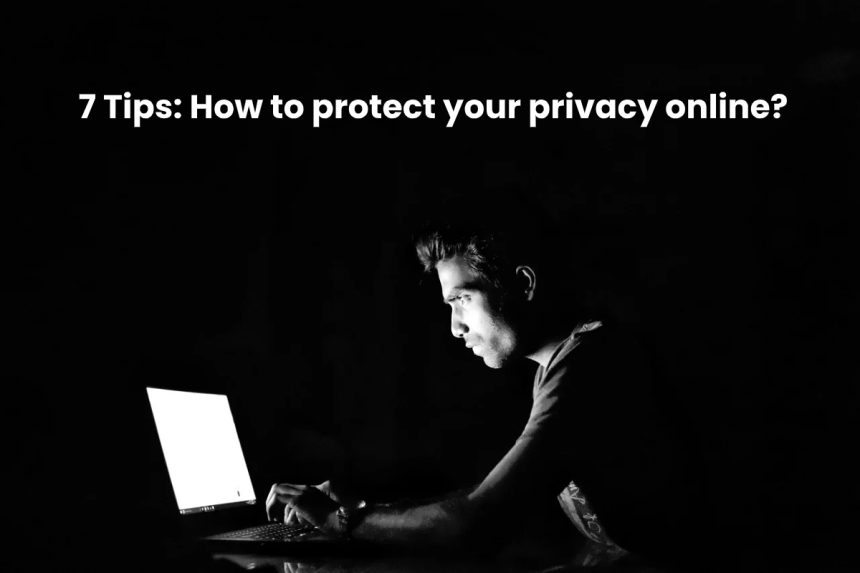Protect your Privacy Online: As soon as you move around the Internet, you leave traces. To become completely invisible, you have to make some technical effort. But even a few precautionary measures prevent your data from falling into the wrong hands. Here are some tips:
7 Tips to Protect Your Privacy Online
1. Common sense
Would you show this bikini photo to your boss or grandmother? If not, you shouldn’t share it on Facebook or Instagram either. Children’s photos also don’t belong on social media platforms. Use a free service like Facebook or Google. Think about why it costs nothing. Altruism is too rare on the Internet.
2. Check account privacy
Make sure that only your friends can see your posts on social media platforms. You will find this option under “Privacy” in Facebook settings. There you can also prevent your Facebook profile from being found via Google. And also, the friend list should only be allowed to see “friends” or “only me.”
Worthwhile: Create lists for your friends. Should your football photos only be accessible to friends from your sports club? You can do this easily with lists. Are you unsure who can view your Facebook profile? You can view your profile with someone else’s eyes with the Facebook function “View from the perspective of.” Instagram also offers private accounts. This means that only those people who you have allowed to see your posts.
3. App permissions
Google Maps constantly records your position and stores it on the Internet. Other apps also collect data because you gave them access to the device. Allow every app to access only what it really needs. Check these authorizations regularly. You can find these settings on the iPhone in the “Data protection” tab on an Android device under “App permissions.”
4. Automatically delete cookies
Cookies are files that a website stores on your computer or mobile phone. This enables you to recognize a website again – and thus record your behavior. All common browsers offer the option to delete all cookies when exiting.
5. Register with an email address instead of a Google or Facebook account
With many Internet offers, you no longer have to register with your email address, but can use your Google or Facebook account directly. Conveniently, you do not have to remember another password. The problem here is that your data is linked directly to your Facebook or Google profile. Instead, sign up with a second, anonymous email address.
6. Eavesdropping in the bedroom
Smart speakers like Amazon Alexa or Google Home listen to you continuously. If you have activated Apple’s Siri or OK Google, your cell phone will also listen to your every conversation. For hackers, these devices are a real treat. Rumor has it that conversations are analyzed in order to target advertising.
Think carefully about whether you want to exchange your privacy for convenience.
7. Do not leave any traces
- If you want to become a complete Internet spirit, we recommend Exchange Whatsapp for a secure app like Signal or Threema. Whatsapp encrypts your texts, but not images.
- Hide your tracks by surfing over the VPN. The “Tor” browser is also an option.
- Encrypt your emails, for example, with the free standard OpenPGP.
Also Read: What is Zero Gravity and How Does Zero Gravity Reproduce on Earth?
Helpful Resource: Techiesguardian

